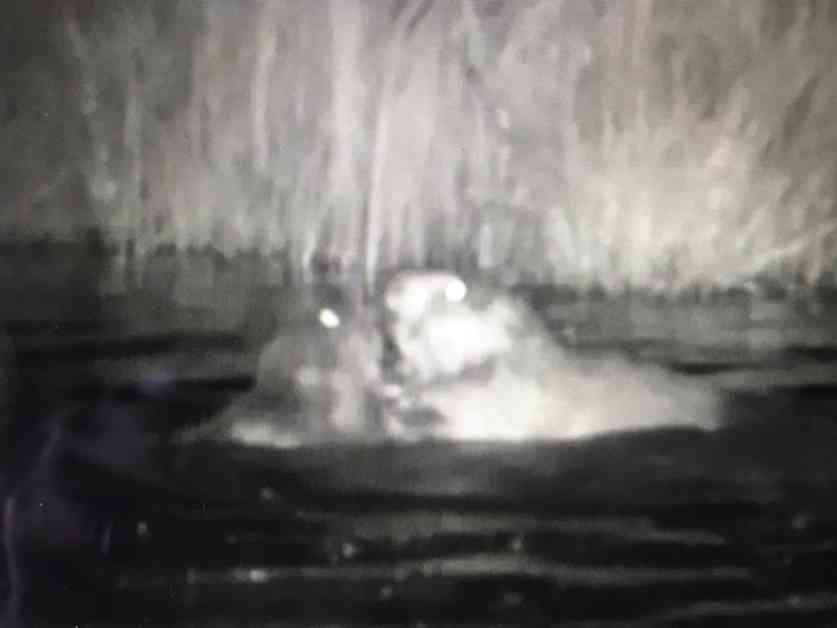Baby beavers have been born in urban London for the first time in 400 years. A family of Eurasian beavers was introduced to a nature reserve in the borough of Ealing by members of a project promoting biodiversity. Project leaders said that at least two baby beavers, known as kits, had been born on the Paradise Fields site in Greenford after they set up home. They said this indicated that the beavers were content with their habitat.
Dr. Sean McCormack, one of the volunteers behind the project, expressed his excitement about the news. He mentioned that living alongside beavers is possible with some adjustments, and that people are often afraid of change and the unknown. The sight of the baby beavers in urban London was a significant milestone, considering the history of the area.
Dr. McCormack suspected the presence of babies at the reserve and confirmed it after reviewing footage. He described the thrill of seeing the tiny beavers playing with their mother. While they have kept the news quiet to allow the beavers to settle in, they believe there are at least two kits, with the possibility of more.
Nadya Mirochnitchenko, the ecologist for the Ealing Beaver Project, emphasized the importance of proving that beavers and humans can coexist harmoniously, even in an urban setting. She highlighted the positive message this sends and expressed hope that other cities and towns in the UK would follow their example. The success of the Ealing project demonstrates the benefits of having beavers in the ecosystem, such as improved water quality, reduced flooding, increased wildlife presence, and habitat enhancements.
The presence of baby beavers in urban London is a rare and remarkable occurrence that showcases the potential for wildlife to thrive in a city environment. It serves as a reminder of the importance of promoting biodiversity and coexisting with nature, even in metropolitan areas. The Ealing Beaver Project’s success story sets a precedent for other urban areas to consider reintroducing beavers and reaping the ecological benefits they bring. By embracing and supporting wildlife in our cities, we can create a more sustainable and balanced urban environment for both humans and animals.












